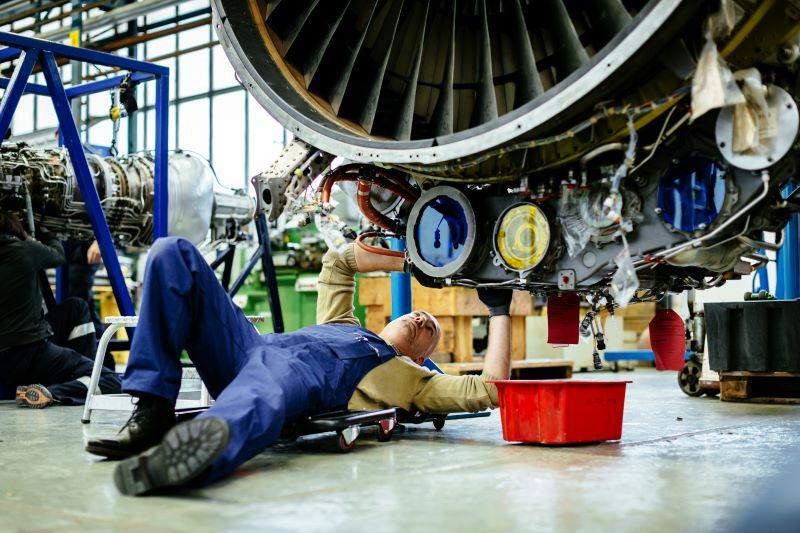
The FAA has developed a draft rule that will require repair stations in foreign countries that work on U.S.-registered aircraft to implement drug and alcohol testing programs—a long-called-for step by Congress that the agency has tried and failed to take due to numerous complications.
The agency’s proposal would give affected shops one year from a final rule’s effective date to develop a suitable program. Crucially, the program would have to comply with local laws—many of which differ from the U.S. laws.
Testing at U.S.-based, certified shops doing work directly for Part 121 operators has been required since the early 1990s. A 2006 requirement expanded the applicability to any tier of the aftermarket supply chain, but only within U.S. borders.
A 2012 Congressional mandate called for expansion to all shops that work on U.S. commercial aircraft—currently about 1,000 facilities in 65 countries, according to FAA’s figures. The FAA in 2014 sought input from industry on the ramifications of such a rule.
Some, including labor unions and select lawmakers, back the idea. Several organizations and countries pushed back against the proposal, citing several likely complications. The European Union said the issue should be addressed via provisions bilateral aviation safety agreement (BASA), not imposed unilaterally.
In the new draft rule, the FAA said that it would follow all BASAs but noted that no specific provisions have been cited that would conflict with its proposal. The FAA invites comments as to whether there are any BASAs that would conflict with the requirements of this proposed rule.
Some commenters on FAA’s 2014 request questioned the safety case for testing employees working outside the U.S. The agency acknowledges that it lacks “sufficient data” to determine whether the proposed rule would have any safety benefit.
“Because the FAA does not have testing data or knowledge of existing testing programs in other countries, the FAA is unable to estimate the impact of the proposed rule in detecting and deterring drug use and/or alcohol misuse at this time,” it said. “Therefore, the FAA cannot determine whether the rule would have any additional impact on safety or persons performing non-safety sensitive functions.”
The FAA said its proposal seeks to satisfy the 2012 Congressional mandate and a 2016 reminder that specifies a draft rule should be finalized.
The proposed rule is set for publication Dec. 7. The FAA will accept public comments for 60 days.
